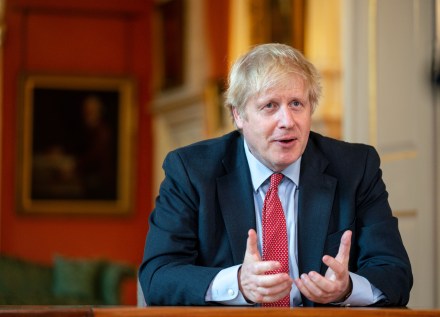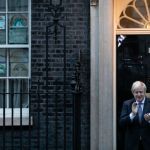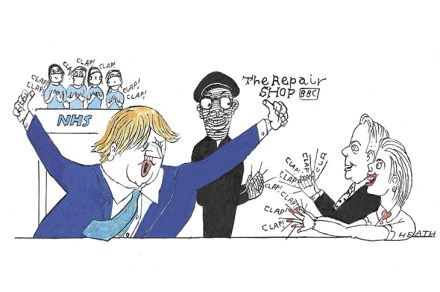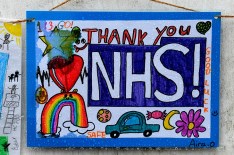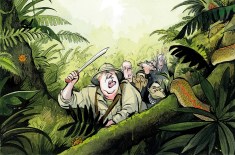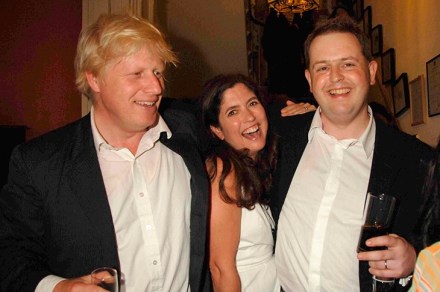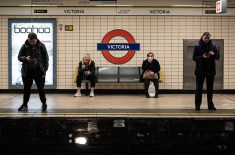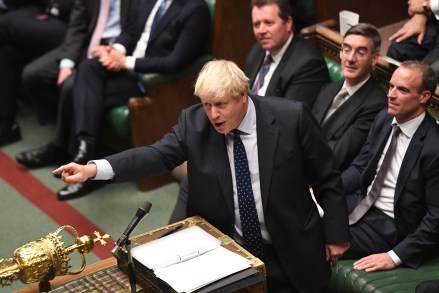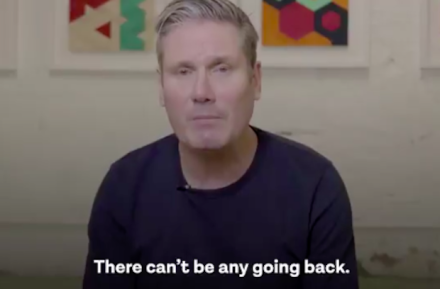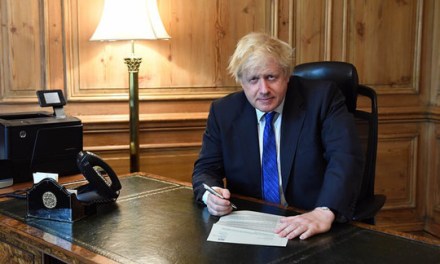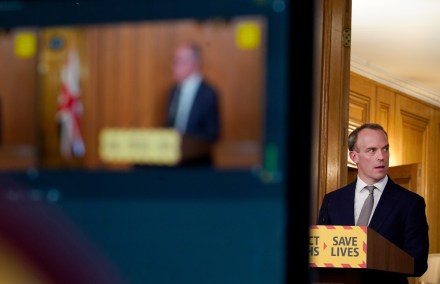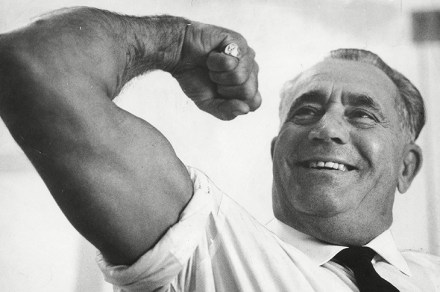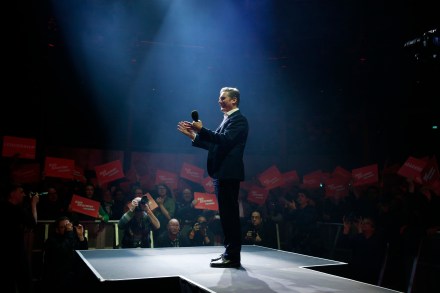Why Covid cuts are off the cards
How will the UK recover after lockdown? Although social distancing is expected to continue for months, talk has turned to how the government will deal with its coronavirus debts. The Treasury is seeking to raise £180 billion over the next three months to meet its pledges – putting the UK on course to see its budget deficit rise to a level never seen before in peacetime. Some estimates put borrowing this financial year at over £300 billion, far outpacing the years following the financial crash. This has led a number of public figures to predict a return to the Cameron and Osborne era with mass cuts in the years ahead. However, when Boris Johnson was
